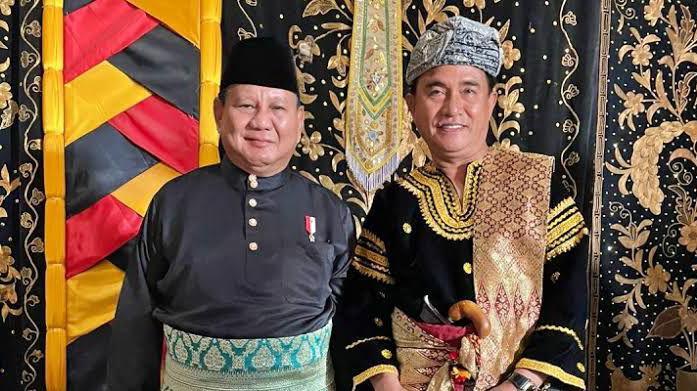Indonesia’s National Children’s Day holds significance beyond just a yearly celebration. President Prabowo Subianto aims to utilize this occasion as a catalyst for tangible actions to secure the future of the nation’s children. Dedek Prayudi, a Senior Expert at the Presidential Communications Office (PCO), revealed the government’s implementation of three key programs designed to directly impact children’s well-being: Nutritious Free Meals (MBG), Free Health Checkups (CKG), and School Revitalization.
Commonly known as Uki, Dedek emphasized that the MBG program goes beyond merely providing meals to children – it ensures they receive essential daily nutrition. Shocking statistics from the Ministry of Health highlight that 60% of school-aged children attend school without having breakfast, leading to difficulties in focus, quick fatigue, and iron deficiency anemia. This condition can result in a loss of IQ points, affecting children’s development significantly.
Parallel to the MBG program, the government is rolling out Free Health Checkups to students, covering various aspects such as height, weight, vision, hearing, tuberculosis, and mental health. Uki stressed that these initiatives align with Indonesia’s constitutional mandate to guarantee the right to health for all citizens, including children.
The School Revitalization Program, a third targeted initiative, aims to renovate 11,440 schools, commencing in early 2025. This effort will focus on improving educational facilities in public and private schools across all levels, addressing structural damages in remote, underdeveloped, and densely populated urban areas.
President Prabowo has allocated a substantial amount in the 2025 national budget to fund this program, prioritizing the most severely affected schools. Uki underscored the urgency of addressing the significant number of damaged schools nationwide, highlighting the challenges faced by students, particularly girls, in such conditions.
Ultimately, these programs are not just about providing basic necessities but also about upholding the rights and dignity of all Indonesian citizens, particularly the younger generation. The government’s commitment to ensuring children’s access to nutrition, healthcare, and safe learning environments reflects a broader vision for building a healthier, more empowered society.

